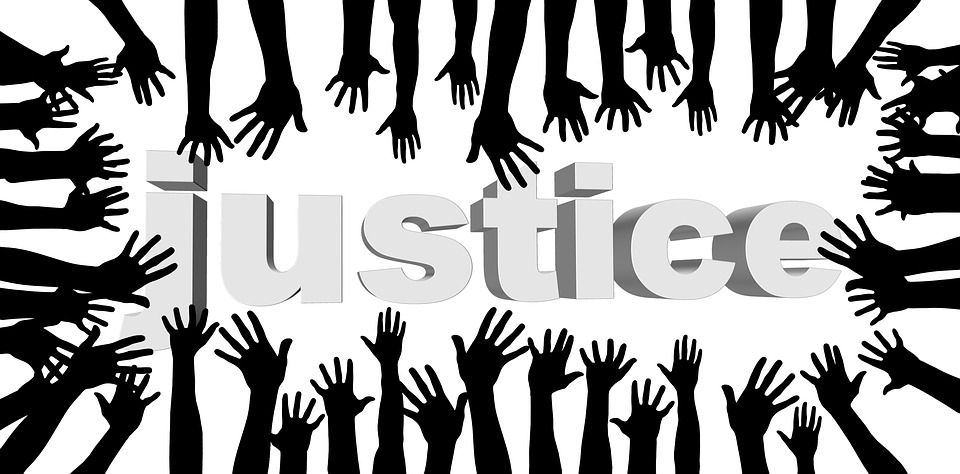The idea of social justice has always taken meaning in form of conventional discussions around bringing in integrity between the individuals of the society and the society itself. International Day for Social Justice was conceptualized in 2007 and since then has been observed every year on February 20th. According to the United Nations statement, it is regarded as the underlying principle for peaceful coexistence within and among nations. The United Nations global mission is to promote development and human dignity and the day is observed as an awareness means to encourage the same. Supporting human rights and standing up for the rights of the elderly, and the disabled are the standard themes that are observed every year. Additionally, it addresses issues that are faced by the people, focusing on tackling unemployment, poverty and exclusion. It is intermittently linked to people facing problems of gender inequality, unemployment, etc.
What does the new world demand?
The classifier parameters of social justice that are being concentrated today include solutions in gender equality, migration and empowerment of backward classes. In recent years the emphasis has shifted to more basic elements; for instance, the Supreme Court of India decriminalised Section 377 of the Indian Penal Code, which is considered one of the most significant gender acceptance rulings made by India. The Inter-American Court of Human Rights ordered the Latin American countries to make gay marriages legal, which was also considered a major victory in terms of enabling social justice. Various other countries around the world moved in the direction of gender equality by passing similar judgements that support social justice in this aspect.
Another important element that is to be considered while talking about social justice is migration. According to a report by The Guardian, US researchers revealed that close to 87 million people migrate every five years; with the statistic of 1 in 80 people migrating to a different country. This is greatly attributed to unequal employment opportunities arising from social disparities. However, the measurement of migration is difficult owing to the challenges that come with data inconsistency for developing countries and inaccuracy for others.
Back home, there are various steps that are being taken by the government by means of steadily increasing budgetary allocation to close to 6% since last year, for the Social Justice and Empowerment Ministry. According to the announcements during this year’s budget, close to 54% of the funds were spent on scholarships that benefitted over 60 lakh SC persons and 53 lakh OBCs.
The entities that are responsible for ensuring social justice in the society boil down to individuals; when all of us take the onus of our deeds. When individuals become responsible and have a sense of belonging to the society, steps are taken in direction of ensuring social justice for all and problems linked to prejudice are solved.
 Dr Huzaifa Khorakiwala heads the non-profit organisation, Wockhardt Foundation, which runs several programmes in health, education, water and sanitation across India. He is also the Executive Director of Wockhardt Limited. An MBA from the prestigious Yale University in the USA, he has won numerous awards and is associated with many social causes. He is also the Founder of “The World Peacekeepers Movement”, an online movement.
Dr Huzaifa Khorakiwala heads the non-profit organisation, Wockhardt Foundation, which runs several programmes in health, education, water and sanitation across India. He is also the Executive Director of Wockhardt Limited. An MBA from the prestigious Yale University in the USA, he has won numerous awards and is associated with many social causes. He is also the Founder of “The World Peacekeepers Movement”, an online movement.
Views of the author are personal and do not necessarily represent the website’s views.
Thank you for reading the column until the very end. We appreciate the time you have given us. In addition, your thoughts and inputs will genuinely make a difference to us. Please do drop in a line and help us do better.
Regards,
The CSR Journal Team


